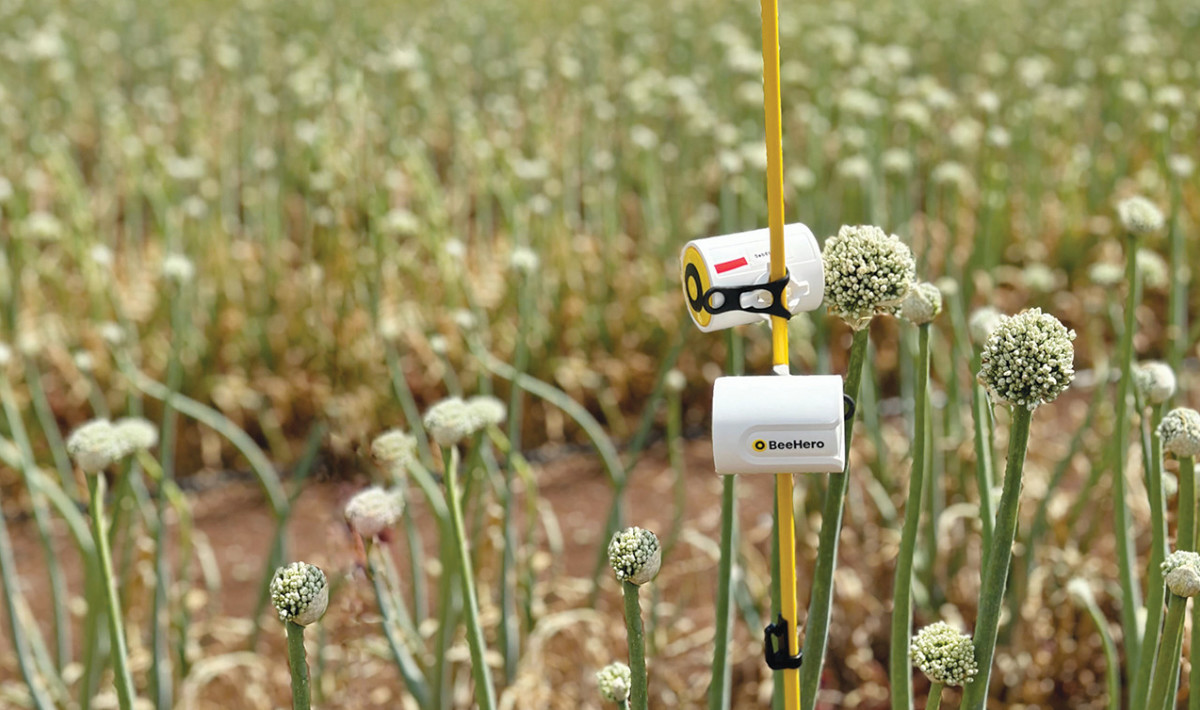The PIP is a device that is placed in fields and orchards, and enables continuous monitoring of the quantity and quality of the pollination activity of bees and other pollinators, which is essential for the ability of plants to produce fruits, vegetables and seeds.
The pollination process is a critical component in the ability to produce food, but until now it has been hidden from view and farmers and beekeepers have relied on outdated and imprecise methods in their efforts to ensure the productivity of their crops. The data collected by the PIP device in the field is analyzed using artificial intelligence and allows farmers to place beehives precisely, which will ensure high-quality pollination, thus increasing the harvest and food security for all of humanity.
The choice of the prestigious magazine reflects BeeHero’s contribution to global agriculture in a challenging period, where the world’s population is growing and needs more food, but the ability to grow it faces the challenges of the climate crisis, the depletion of land resources, water scarcity and a very worrying increase in the global mortality of bee populations, which are responsible for the pollination of 75% of the crops.
The PIP joins another vital development of BeeHero, which is installed inside beehives and enables constant monitoring and ensuring the robustness and prosperity of the bee populations. In total, BeeHero currently monitors over 300,000 beehives across the US, Australia and Europe and helps in the precise pollination of about 800,000 dunams of fields and orchards.
“We are happy and excited by TIME’s recognition of the ability of the PIP device we developed to help make the world a better and more sustainable place,” says Omar Davidi co-founder and CEO of BeeHero. “At a time when farmers are required to meet increasing demands for food in the face of dwindling land and water resources, quality pollination is more critical than ever for the food security of all humanity.
“The PIP not only significantly increases the chances of pollination, it also strengthens the resilience of the pollinators and the environment and makes it possible to build a sustainable future for future generations.”
